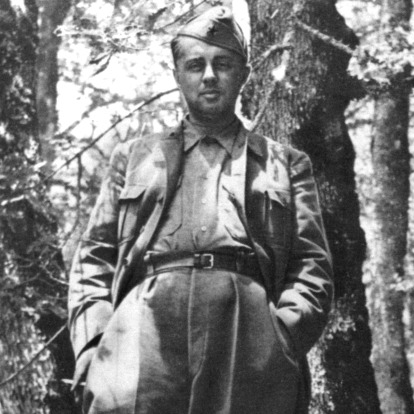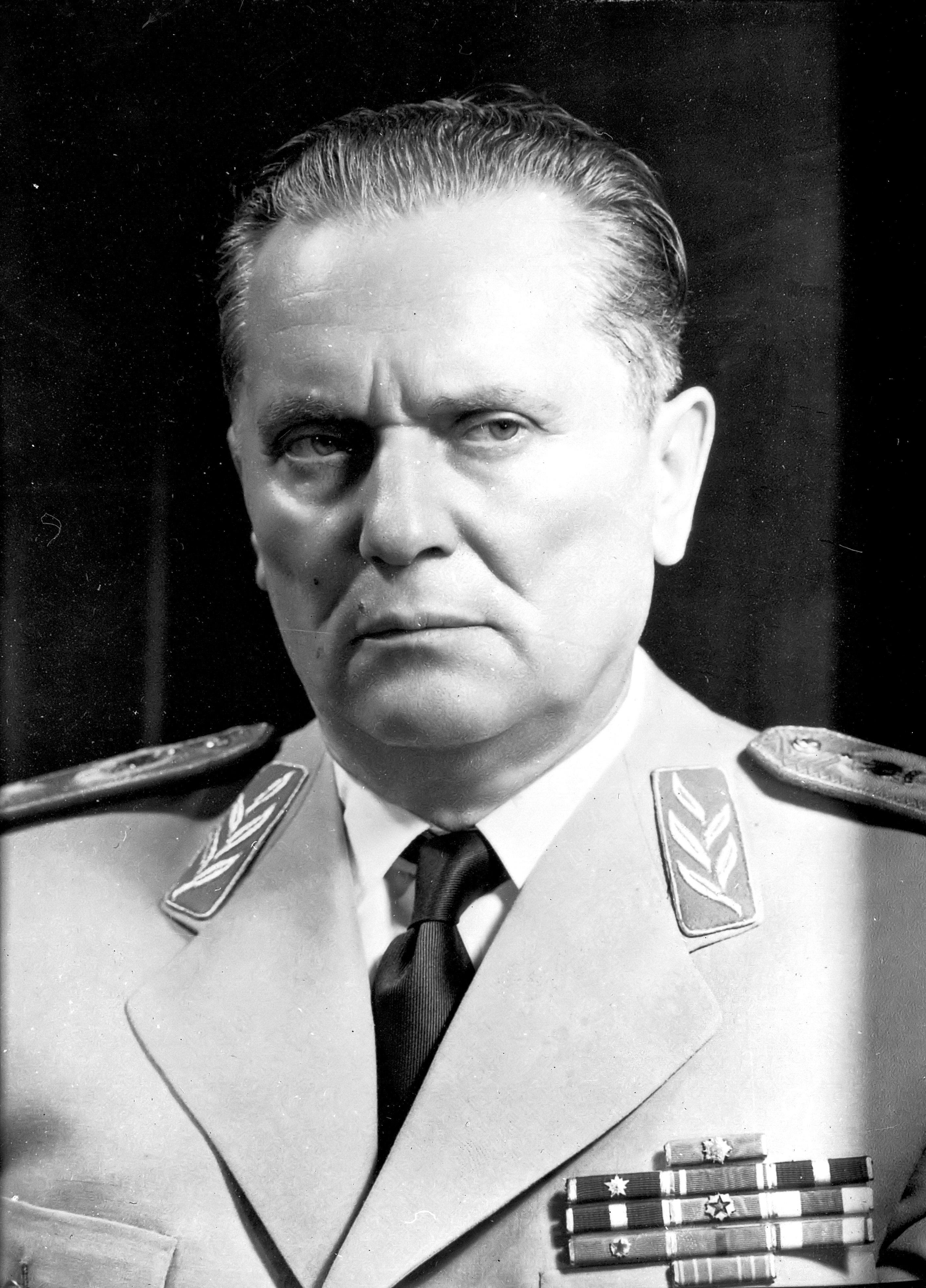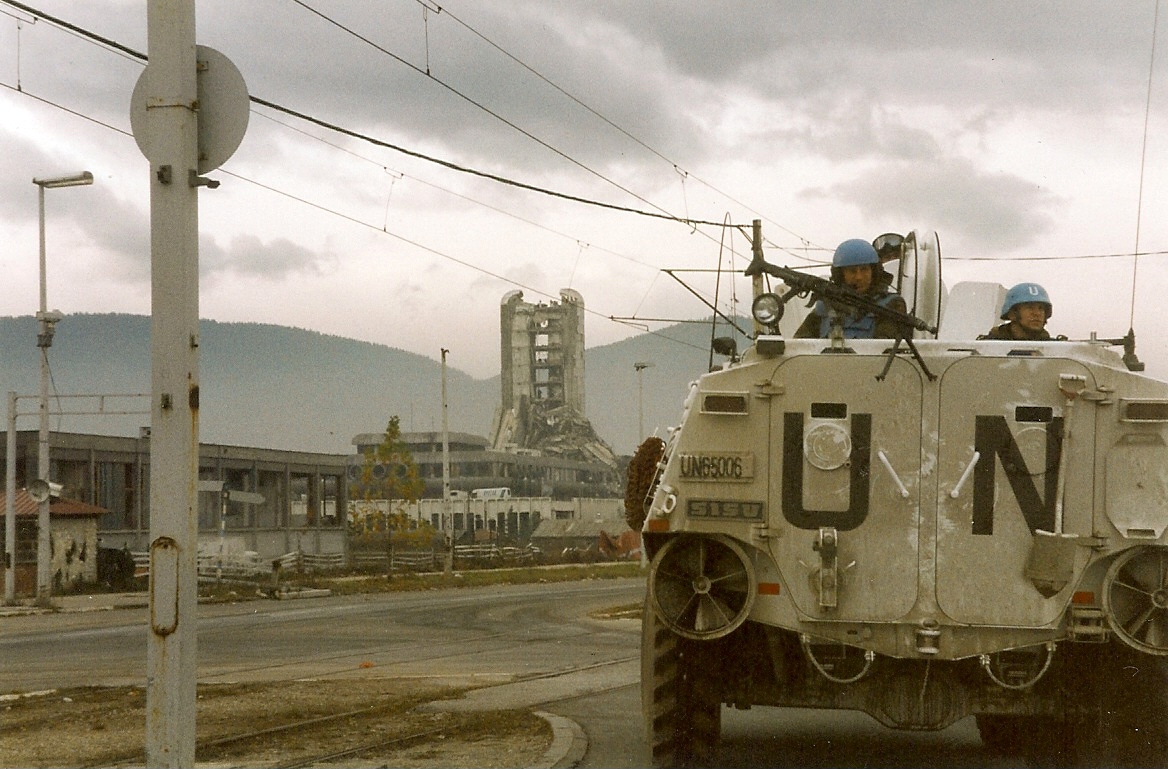Milovan Djilas was a leading member of the Yugoslav
Communist Party until he had a fall out with Tito and became a dissident. This
book, however, is about earlier events.
As a high ranking Communist, Djilas visited the Soviet Union several times,
conversing with Stalin in person. Their relations went from amicable to
strained, due in large part to the deteriorating relations between Moscow and
Yugoslavia. In 1948, Yugoslavia became the first Communist nation to break all
ties with the Soviet Union.
Djilas book is titled "Conversations with Stalin", and does indeed
concentrate on the actual meetings he and other Yugoslav leaders had with
Stalin. Other Soviet leaders are also mentioned: Molotov, Malenkov, Khrushchev
and the despicable Beria. The Bulgarian Communist leader Dimitrov plays a
supporting role.
While the book does contain political reflections, its primary interest lies in
the author's impressions of Stalin as a person. Somewhat surprisingly, Djilas
reveals relatively little sensational information. The only time Stalin shows
his true colours is when he defends Soviet soldiers who rape women and plunder
civilians. Otherwise Stalin comes across as an energetic, domineering and
realistic politician, with a somewhat cynical sense of humour. Of course, he
expects the East European satellites to tow the Soviet line, refers to the
Soviet Union as "Russia" and has a big problem with Jews.
Interestingly, Stalin often took positions to the "right" of the
Yugoslav Communists, fearing that they were introducing socialism too quickly
in the liberated areas, and insisting on a compromise with the monarchists.
A large part of the book consists of descriptions of Stalin's dinners with the
Soviet top brass, dinners that would last all night and usually degenerate into
drinking bouts. Interestingly, Stalin drank relatively little. (According to
some sources, Khrushchev would later claim that Stalin had been an alcoholic,
but apparently that's not true.) The same cannot be said of his colleagues in the
party leadership. Djilas depicts himself and the other Yugoslavs as strict
puritans, who avoided heavy drinking for moral reasons, and warned each other
about prostitutes. Djilas claims that the Soviet secret service at one point
tried to "honey trap" him. Apparently, the NKVD regularly carried out
interrogation-like conversations with foreign Communists in order to get them
to inform on each other. When that didn't help, using prostitutes as bait
became an alternative way to incriminate foreign visitors.
Djilas' Yugoslav nationalism shines through on several points in the narrative.
He constantly depicts the Yugoslav leaders as puritans with a high
revolutionary morality. In a later book on Tito, he paints a somewhat different
picture! Djilas plays down the fact that the Soviet Army liberated Belgrade
from the Nazis, this too in line with Yugoslav propaganda. He also supports the
idea of a Yugoslav-Albanian federation, portraying it as voluntary from the
Albanian side. Ironically, Djilas then reports a conversation with Stalin at
which the latter cynically said: "So, you want to swallow Albania?"
Khrushchev and the Ukrainian capital of Kiev are depicted in a positive light.
Occasionally, the book reveals humorous information. The first time Djilas
visted Stalin he offered him some gifts from Yugoslavia, including a cheap pair
of sandals and a home-made rifle. The Russian leader took no offense. The
author describes the bizarre antics of the Panslavic Committee, a useless
propaganda organ holding meetings in a Baroque palace somewhere in Moscow.
There is also a description of a formal reception in the Ukraine, at which
Communist officials had to tolerate the presence of an Orthodox bishop, this
because Stalin had rehabilitated the Orthodox Church. Djilas also reveals that
Stalin's book against Trotsky and Bukharin, "On the opposition", had
been withdrawn from public circulation, since it contained too many quotes from
his defeated opponents!
"Conversations with Stalin" isn't the most interesting book around,
but if you are obsessed about peeping into the private life of a dictator, I
suppose you might find this exposé of Old Joe throwing a party of some
interest.



.jpg)


_(8224052279).jpg)



.jpg)


